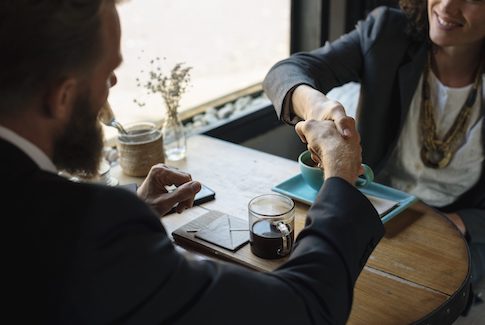Mondo Search makes business easier. We connect great companies with quality people – we connect calibre, finding good people for good. We have built trusted alumni. Our network allows us to find people not on the job market but in the job market- doing a good job somewhere else.
With over 24 years of experience in Executive Search and Recruitment, placing over 2,800 leaders in business across a range of industries. Mondo Search knows how to continuously find and harness the very best talent – good people know other good people.
3 Divisions:
1) Consumer Industries, Direct Selling & Digital Marketing, FMCG, Retail, Wine & Hospitality, Manufacturing and Agri Industries
2) ‘For Purpose’ Sector including : Community Services, NFP, Social Impact organisations and Professional Services Sector.
3) New subsidiary set ups and business start up / scale up operations.
We understand business start-ups and the nature of entrepreneurial founders needing to systematise. We proven case studies validating how we have helped large organisations set up new subsidiaries in Australia and successful entrepreneurial ventures grow from start-up to scale up.
We thrive on working with corporations and business owners to build business start-ups, transformations and new subsidiaries.
Mondo Search provides a variety of services to support individuals and businesses in achieving their goals. We work to provide a competitive edge to both companies and clients, as a trusted advisor. We guide and develop your individual brand to accelerate your career goals in this ultra-competitive market. We also create partnerships through mentor programs to help support and navigate your career.
contact us
We stand with #BlackLivesMatter.
We believe in a world where everyone belongs. We reject all racism that stands in the way.
Many of our appointments at the senior or board level are highly confidential and we do not openly advertise these roles. We have a number of active confidential roles at any one time. Please get in touch with us directly if you would like to discuss an opportunity.